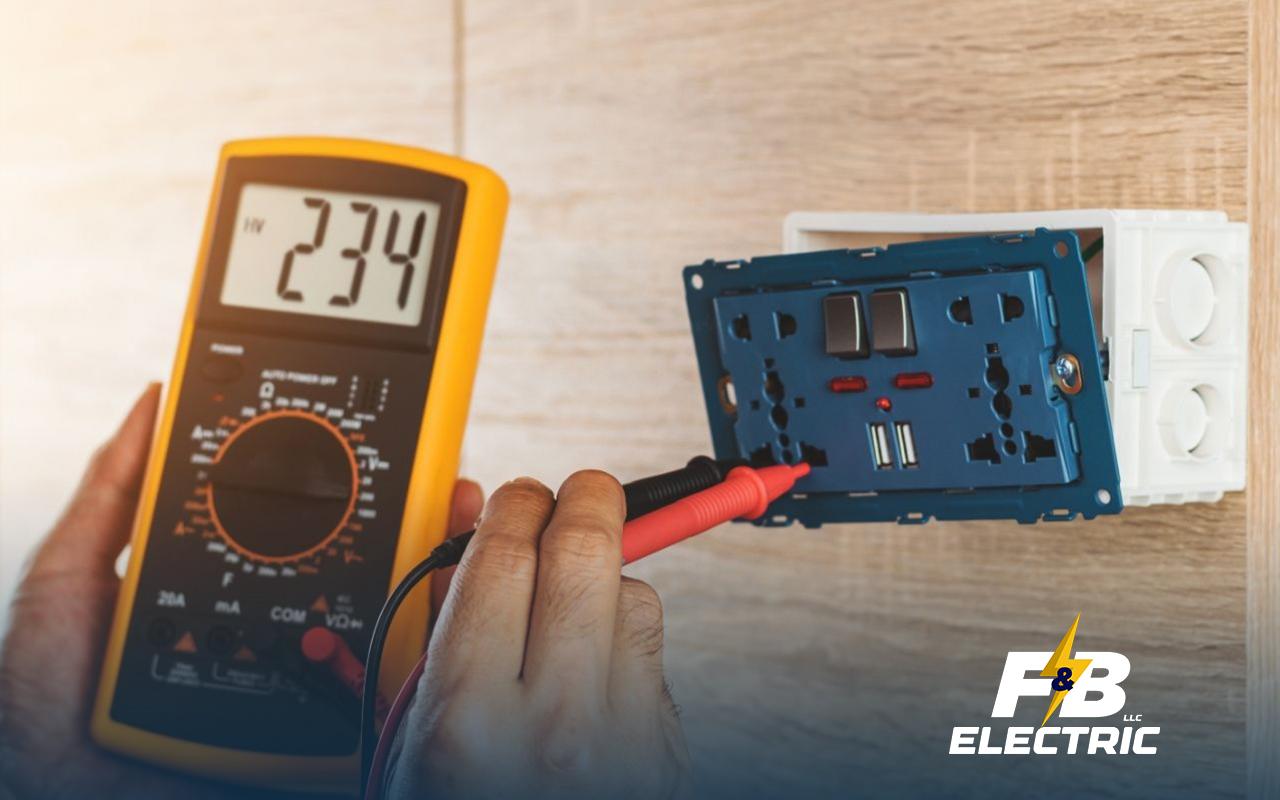
An electrical safety inspection is crucial for ensuring your home or business meets safety standards. Faulty wiring, outdated panels, and hidden electrical hazards can put your property at risk. Whether you’re buying a new home, upgrading an older system, or dealing with frequent electrical issues, an inspection can prevent major problems before they arise.
Why an Electrical Safety Inspection Matters
A thorough electrical safety inspection can identify risks before they become serious hazards. Many homeowners and business owners don’t realize the dangers of outdated or faulty electrical systems.
What Does an Electrical Safety Inspection Cover?
A professional electrician will assess multiple components to ensure safety and compliance. This includes:
- Electrical Panels – Checking for outdated or overloaded panels.
- Wiring and Outlets – Identifying faulty or exposed wiring.
- Grounding Systems – Ensuring proper grounding for surge protection.
- Electrical Code Compliance – Verifying adherence to local regulations.
- Safety Devices – Testing smoke detectors, carbon monoxide detectors, and circuit breakers.
Signs You Need an Electrical Safety Inspection
If you notice any of the following issues, it may be time for an inspection:
- Frequent circuit breaker trips
- Flickering or dimming lights
- Burning smells near outlets
- Hot or discolored electrical outlets
- Two-pronged outlets in older homes
Regular residential electrical inspections help prevent these hazards, ensuring a safe environment.
Key Electrical Safety Guidelines to Follow
Even after a professional inspection, you should follow basic electrical safety guidelines to protect your home or business.
Electrical Safety Tips for Everyday Use
- Avoid Overloading Circuits – Plugging too many devices into one outlet can cause overheating.
- Use GFCI Outlets – These outlets prevent electric shock in kitchens and bathrooms.
- Check Cords and Plugs – Damaged or frayed cords should be replaced immediately.
- Test Smoke Alarms Regularly – Ensure they are functioning correctly.
- Schedule Routine Inspections – Regular inspections help maintain safety and compliance.
Understanding Electrical Inspection Checklists
When hiring a professional, they will typically follow an electrical inspection checklist to ensure all systems are safe and functional. Some checklist items include:
- Testing all electrical outlets for proper function
- Inspecting wiring for visible damage
- Checking the electrical panel for outdated breakers
- Ensuring outdoor lighting and outlets are properly grounded
Preventing Electrical Hazards in Your Home or Business
Electrical hazard prevention involves identifying risks and taking proactive steps to mitigate them. Common electrical hazards include:
- Exposed wires
- Overloaded circuits
- DIY wiring mistakes
- Old or faulty appliances
Keeping up with electrical code compliance ensures that all installations and repairs meet current safety regulations.
Schedule Your Electrical Safety Inspection Today
A professional electrical safety inspection is the best way to protect your home or business from potential hazards. Our licensed and insured electricians provide 24/7 service, free estimates, and a one-year warranty on all work.
Contact us today to schedule an inspection and keep your property safe!
